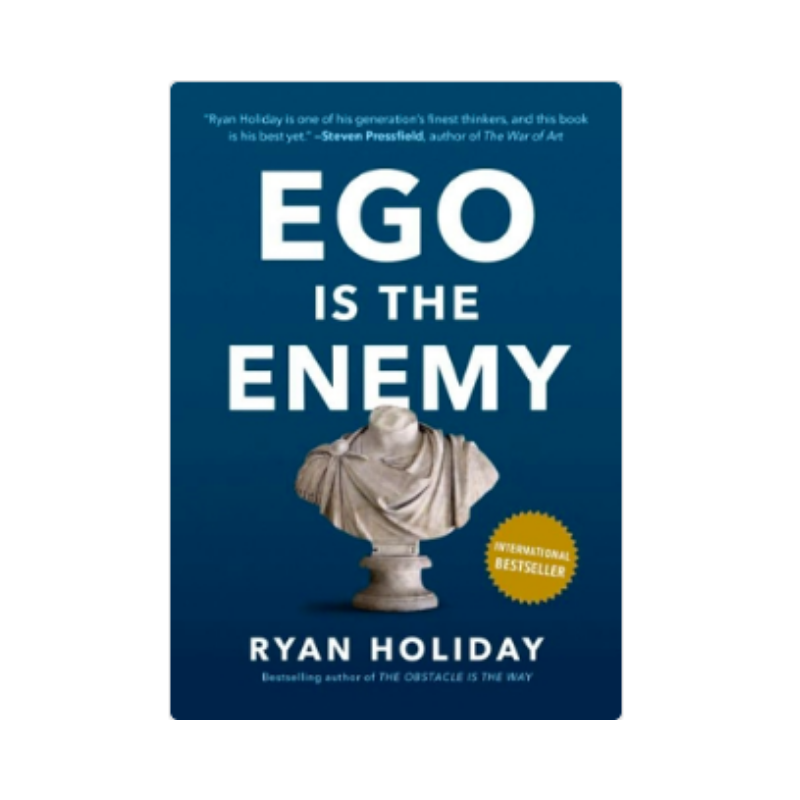Many of us have side gigs or extra income outside of our day jobs. While the extra money is nice, is there something “smart” we should be doing with it? Here are 4 options:
Choice 1: Pay off Debt
Whether it’s student loans, a car loan, or credit cards, one of the first things you should consider doing with any extra income, is paying down any debt or loans you have. As someone who is going for public service loan forgiveness (PSLF), paying off my student loans is not a priority for me, right now. With PSLF, my payments are currently capped at 10% of my discretionary income. After 10 years of these low payments, the government will “forgive” any debt I still have left, tax-free. This is a pretty sweet deal, so I have little incentive to pay more money towards this debt than I have to. If you aren’t going for PSLF, then your strategy may be vastly different. Perhaps you’d want to consider refinancing your student loans at a lower interest rate and paying them off as quickly as possible. If that’s the case, then using money from your side gig to pay off your student loans faster might be a good option.
For those who don’t have any student loan debt or have already paid theirs off, you could use the money from your side gig to pay off any other debts, especially anything with an interest rate higher than 8%. For example, if you have credit card debt or a car loan, using the money from your side gig to get rid of these debts quicker may not only save you money in interest over time but it will also leave more money in your pocket each month as you begin to get rid of that debt and no longer have those payments as one of your monthly bills.
Choice 2: Save It.
As a first-year physician, saving money is a major priority for me. Unlike many other graduate school programs, it was virtually impossible to work a job in medical school. The inability to work, precluded me from making money which meant I couldn’t save money. As a result, my emergency fund was non-existent and I didn’t have all the funds I needed to move to a new city, make necessary travel plans for various events, or even schedule the celebratory vacation I needed before starting one of the most demanding jobs in the country. After going through that experience, I never want to be in that position again.
If you haven’t been able to save a good chunk of money from your main job, perhaps you should use the extra money from your side gig. You should not only consider saving money for emergencies but also factor in saving money for future vacations, Christmas gifts, car maintenance or any other large purchases. They key is save the money in a high-yield savings account or money market account which will allow you gain a interest on your money in a way that is risk-free while still giving you the freedom to pull money out of the account easily whenever you need it.
Choice 3: Spend It
As a resident physician who can sometimes work up to 80 hours a week without any extra over-time pay, work can be a bit exhausting. Sometimes being able to purchase something I really want, have monthly self-care days that include a massage and trip to the spa, or going on an international vacation to one of the places on my bucket list can be just the refresher I need. While I’m all about financial independence and having enough money to create a life you don’t need to vacation from, career longevity is vitally important, at least at this stage in my life. Sometimes the best thing we can do to maintain career longevity is to take necessary breaks and occasionally treat ourselves to some of the things we really love and enjoy. We all need balance in our lives, especially in terms of work vs play or work and relaxation.
Choice 4: Invest It
As I’ve stacked up a decent emergency fund and paid off all of my credit card debt, one of the things I’ve been contemplating more and more is how to invest the money from my side gig. While I don’t like the risk associated with buying individual stocks, I’m a huge fan of index mutual funds and have always liked real estate, so when it comes to investing side income I have a few options:
-Put the money into a retirement account (such as Roth IRA or increase the percentage I contribute to the 401K I have at my job)
-Open a taxable brokerage account (so I can make different types of investments in a way that isn’t tied to my retirement so that I can more easily pull the money out if I need it)
-Invest in real estate (either through rental properties, apartment syndications with other investors, or a variety of other options).
My point? I’ve listed many options of things you can do with income from your side gig. However, the right choice may be different for each person. If you don’t have a decent emergency fund, perhaps you should start by saving your side income. If you have some high-interest debt from credit cards or a car loan, eliminating that might be your second option. If you’re nearly debt-free and already have money saved for emergencies and other large expenses, consider investing your side gig money into retirement accounts, taxable accounts, or real estate.







